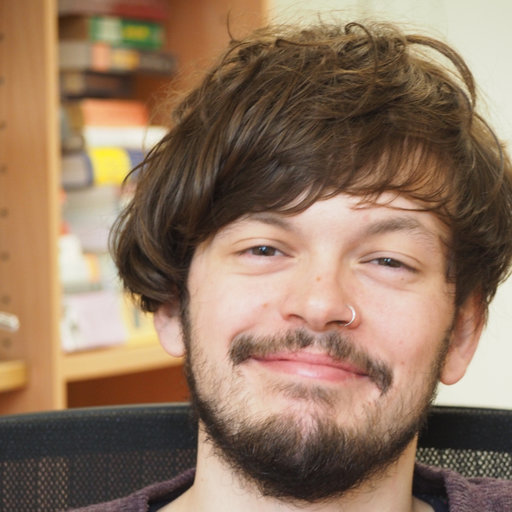The Practical Logic of Political Activism and its Shortcomings:
A Comparative Ethnography of two Activist Initiatives from Ljubljana, Slovenia and Berlin, Germany during and after the European ‘Refugee Crisis’ of 2015
Ziga Podgornik Jakil
My PhD analysed and compared activist initiatives Anti-Racist Front without Borders from Ljubljana, Slovenia and Lager Mobilisation Network from Berlin, Germany, which were created by local left-wing non-parliamentary political activists during and after the European ‘refugee crisis’ of 2015. Their aim was to incorporate asylum seekers into their initiatives in order to collectively organize political actions. I tried to answer two main questions: how can we analyse political activist groups by neither confining actions of activists to the determinism of external structural processes, nor to the autonomous free will of individuals? Secondly, I looked at how the logic of political activism differs from humanitarianism, and asked if there is something like activist reason. I drew on Bourdieu’s practice theory to argue for the dialectical relationship of structure and individual agency by using his theoretical framework encompassing: field, habitus, and capital. With his theory I examined the beliefs, values, principles, discourses, and judgements of activist fields each activist initiative was part of and investigated how activists had to negotiate, improvise, and adapt their practices when confronted with new situations they faced when working with asylum seekers. By comparing their epistemologies, ethics, political praxis, and issues they faced throughout their work, I argued that activist reason, in contrast what Didier Fassin calls humanitarian reason, means: political activists attach political meanings to events, objects, subjects; they have an interest in provoking political change with the chosen marginalized and disenfranchised groups of people; they try to build a social relation through which they would interpellate the people they work with into political subjects. By taking the double role of activist and researcher, this PhD research is also envisioned as an engaged research and aims to provide some suggestions about the ethics of doing ethnographic research.
Laufzeit
2016 - 2019
Finanzierung
Rosa Luxemburg Stiftung
Betreuung
Prof. Dr. Olaf Zenker
Prof. Dr. Thomas Stodulka


